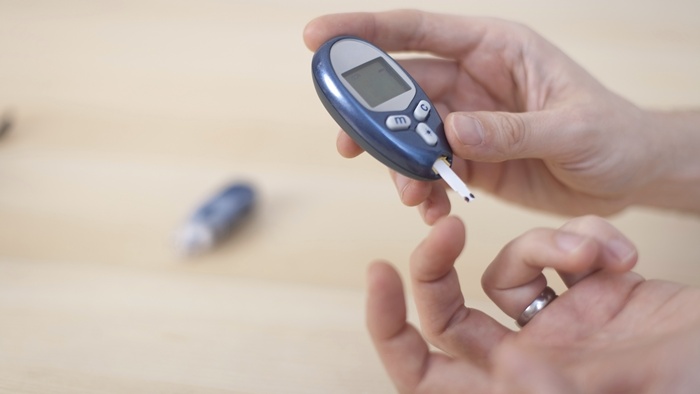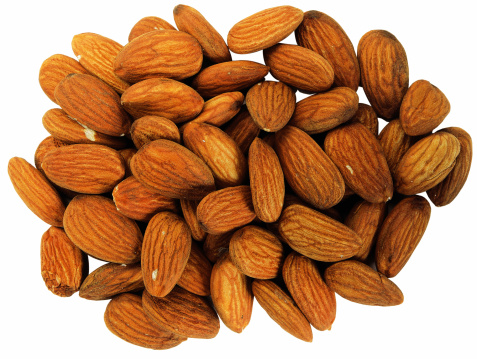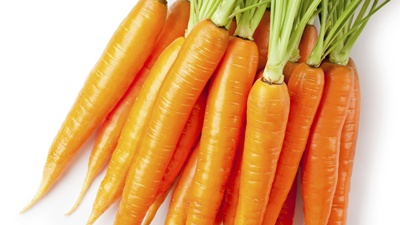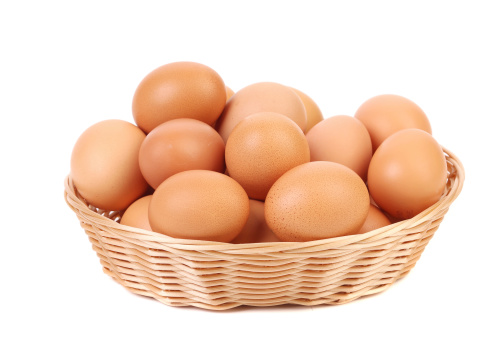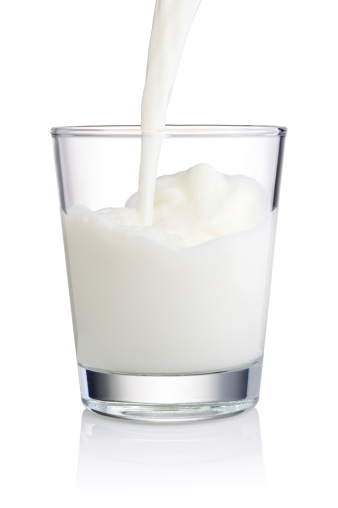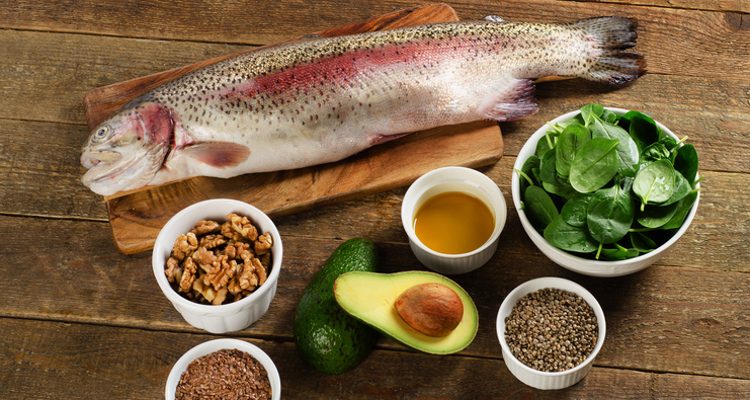
Let’s be honest, we all like and prefer better hair and skin than what we have. It’s not necessarily an ego thing. We, as humans, just naturally want to look our best. If we can achieve shiny, healthy hair and clear skin through simple and natural means, then why not? Recently, there’s been a lot of talk about biotin-rich foods and the benefits of biotin-rich foods. In fact, apart from skin and hair health, biotin has other health benefits and is an essential vitamin for pregnant women and diabetics. We thought we would research the facts about foods high in biotin to help you decide whether adopting a diet rich in the vitamin is right for you.
What is Biotin?
The word biotin gets thrown around a lot with health and beauty blogs, but what is biotin exactly? Biotin is a B complex vitamin, though it is commonly referred to as vitamin H or B7.
Biotin helps the body convert the carbohydrates we consume into energy and also helps break down protein and fat. As with all B vitamins, biotin is also important for healthy hair, skin, and nails as well as the nervous system and liver.
Biotin is water soluble, which means it is not stored by the body—although some bacteria in the gut produce the vitamin. Most of us get our daily recommended allowance of biotin (30 to 100 mcg for adults) through a balanced diet; however, certain conditions may increase our need for it (pregnancy, diabetes, etc.).
How Biotin-Rich Foods May Benefit Hair and Skin
While studies are inconclusive, there is some evidence that consuming biotin-rich foods or supplements may improve the health of your hair and skin. A few studies have suggested that biotin helps out your hair and nails in a couple of ways.
Firstly, increasing your biotin intake may keep your nails and hair strong and flexible. Biotin deficiency is rare, but if you have brittle hair and nails, your body may be lacking the nutrient as those with insufficient amounts often show these symptoms.
In fact, in a roundabout way, that’s how researchers discovered that biotin works on hair and nails as they first noticed it while treating horses with cracked hooves.
For this reason, biotin may also help repair the damage that acne causes to the skin (just the skin damage, however, as there have been reports linking excessive amounts of the vitamin to acne breakouts). Many over-the-counter cosmetics and skin treatments contain biotin for that reason, but most dermatologists agree that it is most effective when consumed orally.
Skin care and beauty aside, you may be wondering if biotin has any other additional health benefits. As it turns out, biotin does have a few other benefits.
Other Health Benefits of Biotin
We’ve established biotin’s link to hair, nails, and skin, but how does it benefit the rest of the body? Biotin has many other reported health benefits.
1. Metabolism
As mentioned, biotin helps with your metabolism. Biotin is an acetyl-coA carboxylase or ACC, an enzyme that is part of the first step in breaking down the amino acids in food. As such, it will help break down carbohydrates, fats, and proteins, which is very important for digestion, absorption of nutrients in the blood, and in turn weight gain or weight loss.
2. Cholesterol
Biotin has been shown to help lower bad cholesterol and raise good cholesterol. Biotin may help lower bad cholesterol by inhibiting the absorption of excess fats, which in turn prevents bad cholesterol from entering the circulatory system.
Just keep in mind that biotin-rich eggs can actually raise harmful cholesterol, so if you are trying to lower it through biotin, don’t try to lower it through the biotin in eggs.
3. Blood Sugar
Biotin may help regulate blood sugar, an important step in diabetes prevention and a good thing for heart health. Research is currently inconclusive, but a study from the Alpha Therapy Center in Corpus Christi, Texas, showed that biotin—when paired with chromium—could help improve blood sugar levels in obese patients. That’s not to mention all of the health benefits that come with the foods that the biotin arrived in.
4. Adrenal Glands and Thyroid
A deficiency in this vitamin can impact the functioning of thyroid and adrenal glands. This leads to certain symptoms such as mood swings, weight gain or loss, disturbed sleep, and lethargy.
In such as scenario, it is crucial to check the levels of these hormones and consult your physician for biotin and folate supplements.
According to the National Institutes of Health (NIH), the recommended amount of daily allowance of biotin
- Children between one and three years: 8 mcg
- Children from four to eight years: 12 mcg
- Adolescents between 9 and 13 years: 20 mcg
- Adolescents between 14 and 18 years: 25 mcg
- Males and females above 19 years: 30 mcg
- Pregnant women: 30 mcg
- Breastfeeding mothers: 35 mcg
12 Biotin-Rich Foods
So, what foods have biotin? The following is a list of biotin-rich foods that may improve the appearance of your hair and skin:
1. Swiss Chard
This leafy green is one of the best vegetable sources of biotin. It can be used in a number of dishes and salads.
2. Almonds
A great source of biotin, almonds have the advantage of being easily snacked on. You can add them to trail mix or just eat them by themselves.
3. Carrots
have a large amount of biotin in them and can be used in everything from salads to stir fry’s. They have the added bonus other health benefits associated with the beta-carotene found within.
4. Avocados
One whole avocado can have 2 to 6 micrograms of biotin. Avocados are great in sandwiches, pasta, and fresh guacamole.
5. Whole grains and yeast
Whole grains and yeast are exceptionally good for biotin as well as brewer’s yeast. Whole grain bread is a great delivery system for the biotin found in whole grains and yeast.
6. Eggs
Cooked chicken eggs are a good source of biotin, but please note: We’re talking about the entire egg because the yolk is the greater source of biotin and other nutrients, of the two egg parts. Egg yolks can also be a provider of cholesterol, so eat them in moderation. Some studies have noted that raw egg whites do not have biotin; additionally, they have the potential to cause biotin deficiency.
7. Cold water fish
Cold water fish that have biotin include halibut, sardines, herring, tuna, and trout. Cold water fish also have the added benefit of being a great provider of omega-3 fatty acids.
8. Milk
Both cow’s milk and goat’s milk are great providers of biotin. While they can be drunk, they are also easily incorporated into many meals and food items. Milk also has the bonus of being a great provider of calcium.
9. Spinach
This is another leafy green that you may have disliked as a kid but is great for you. It is filled with biotin as well as other B vitamins and vitamin E. It can easily be used in salads, stir-fried veggies, soups, sandwiches, and even certain types of pasta.
10. Berries
Berries like blueberries, strawberries, and raspberries are not only great sources of biotin but also tend to be rich in antioxidants and dietary fiber.
11. Yogurt
Yogurt can be eaten as a snack, dessert, or breakfast and can easily be combined with other biotin-rich foods like almonds, whole grains, and berries. On its own, it’s still a good provider of biotin.
12. Soybeans
Packed with protein, vitamins, and biotin, soybeans are very adaptable as well. They can easily be added to many dishes like pasta and salads or prepared as a handy snack.
Biotin-Rich Foods: May Improve Your Hair and Skin, Good for Your Overall Health
As you can see, biotin is not only important to the health of your hair, skin, and nails, but it may also benefit your general health. A positive side effect of adopting a biotin-rich diet is that most biotin foods are good for you in the first place.
And it’s never a bad thing when the biotin in foods you eat can help you look good and feel good, too. As such, there are no side effects of biotin reported. However, it is essential that you introduce it in your diet based on the dietary recommendations. Also, consult your doctor in case you need biotin supplements.
Related:
- Sulfur-Rich Foods: Health Benefits of Eating High Sulfur Foods
- Alkaline Diet: Benefits, Foods to Eat and Avoid
- Sour Stomach Symptoms, Causes, and Remedies: 13 Foods to Ease Upset Stomach
Sources:
“8 Foods Rich in Biotin,” Fit Day, http://www.fitday.com/fitness-articles/nutrition/vitamins-minerals/8-foods-rich-in-biotin.html, last accessed February 17, 2017.
“Biotin Benefits: Thicken Hair, Nails and Beautify Skin,” Dr. Axe, https://draxe.com/biotin-benefits/, last accessed February 17, 2017.
D’Amato, P., “Biotin: 5 Healthy Benefits of B Vitamin,” Chatelaine, February 8, 2016,
http://www.chatelaine.com/health/wellness/biotin-can-boost-your-health/, last accessed February 17, 2017.
Hymann, M., “7 Tips to Fix Your Cholesterol Without Medication,” Huffington Post, May 25, 2011, http://www.huffingtonpost.com/dr-mark-hyman/lower-cholesterol-naturally_b_815393.html last accessed February 17, 2017.
Albarracin CA., Fuqua BC., Evans JL., Goldfine ID.,“Chromium picolinate and biotin combination improves glucose metabolism in treated, uncontrolled overweight to obese patients with type 2 diabetes,” US National Library of Medicine, January 2008, https://www.ncbi.nlm.nih.gov/pubmed/17506119, last accessed February 17, 2017.
“Vitamin H (Biotin),” The University of Maryland Medical Center; http://umm.edu/health/medical/altmed/supplement/vitamin-h-biotin, last accessed February 17, 2017.




